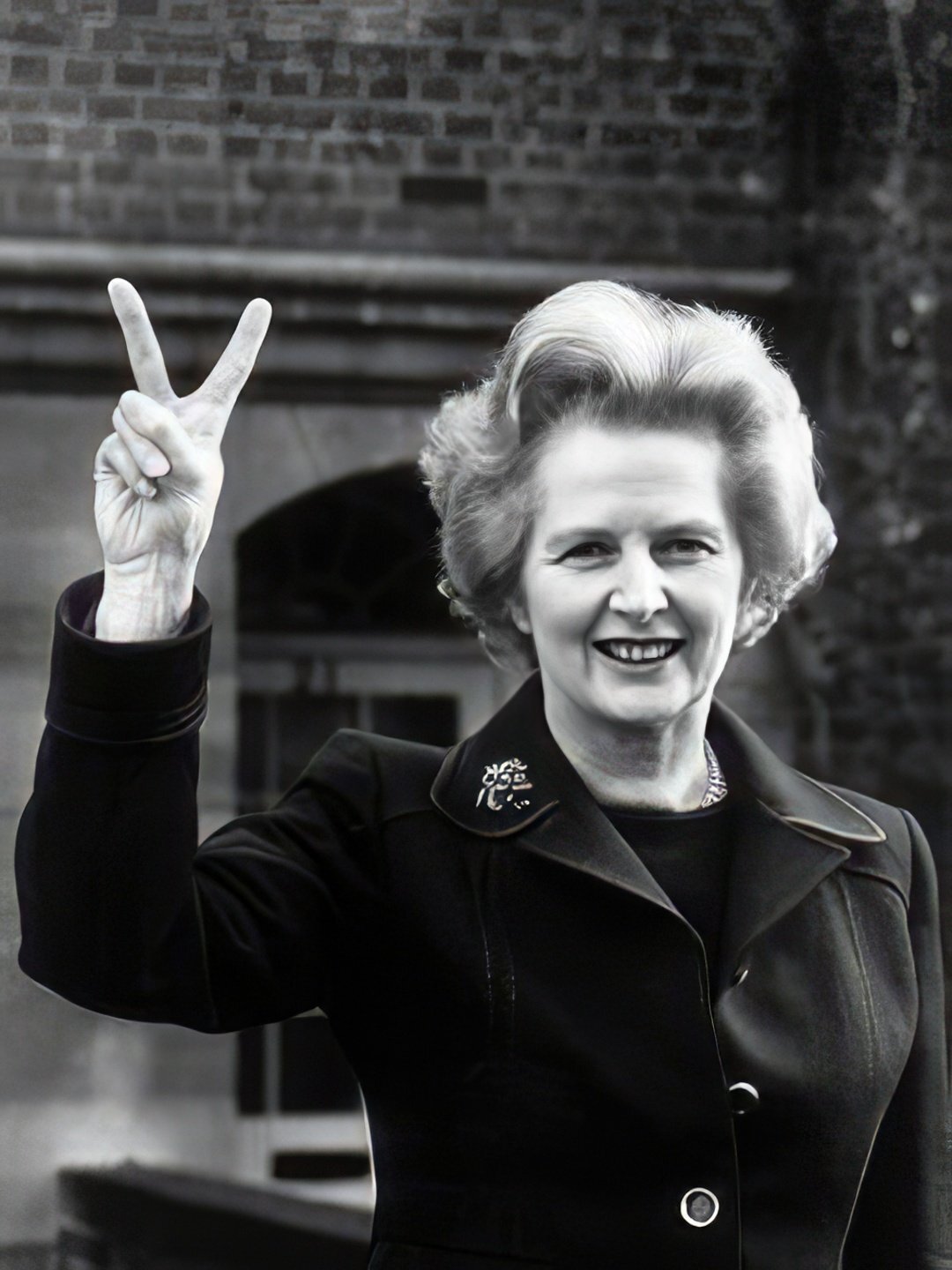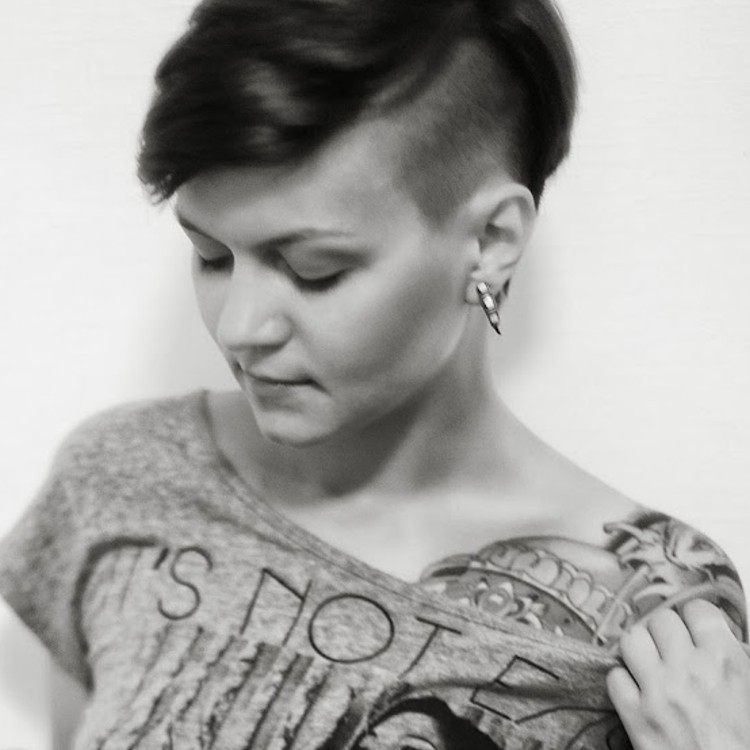Biography of Margaret Thatcher
Margaret Hilda Thatcher (née Roberts) was the most authoritative British political leader since Winston Churchill. She served as Prime Minister from 1979 to 1990, longer than anyone in modern Europe. From 1975 to 1990, she led the Conservative Party, and in 1992 she received the noble title of Baroness.She broke barriers as the UK's first female Prime Minister, Europe's first female head of government, and the only British PM in the 20th century to win three consecutive elections. She ranked 16th in the BBC's poll of the "100 Greatest Britons" among the country's residents.
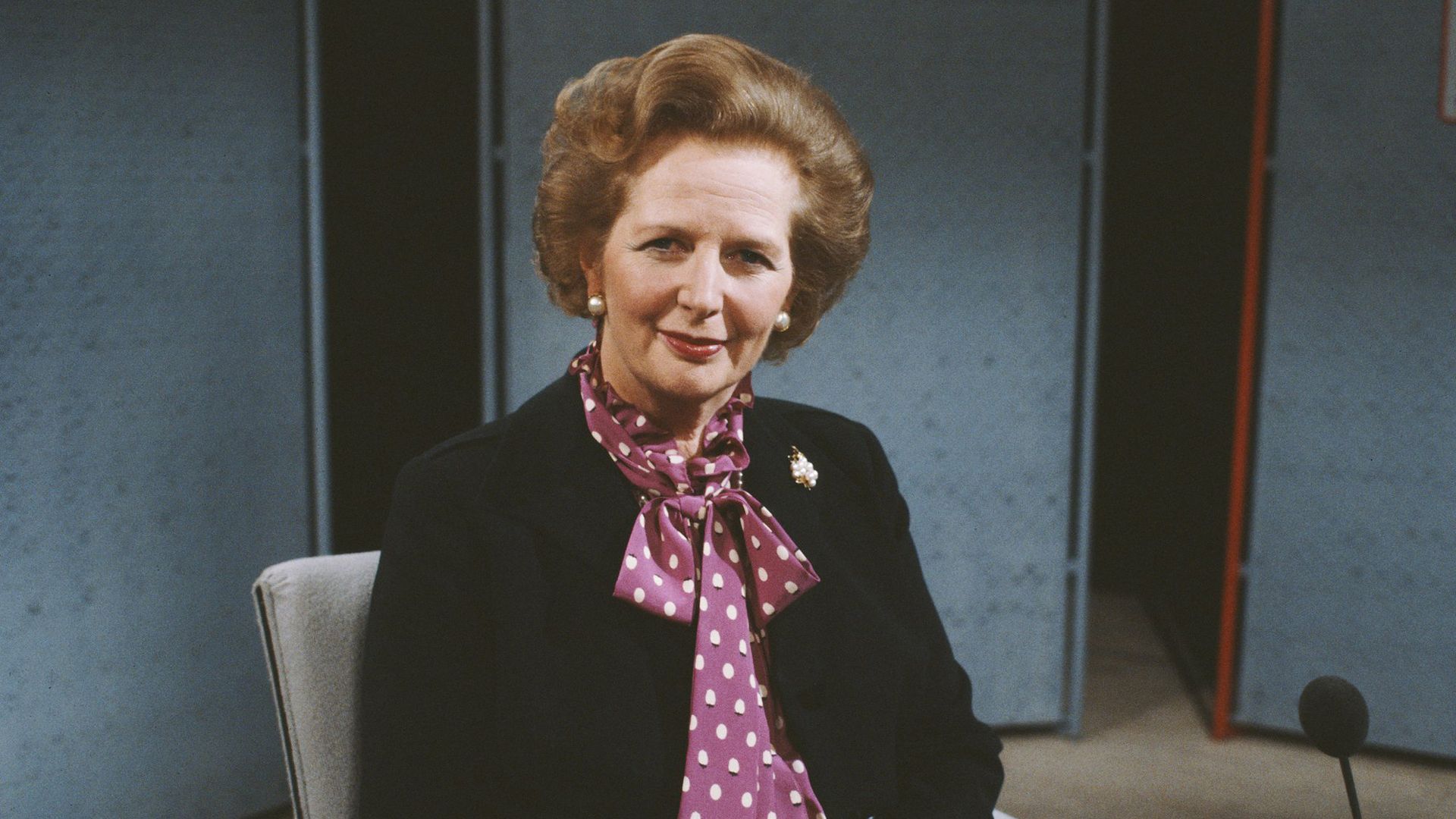
Childhood and Youth
Margaret Hilda Roberts was born on October 13, 1925, in Grantham, a small Lincolnshire town in eastern England that also gave the world Isaac Newton. Her father, Alfred Roberts, owned a grocery and tobacco shop while also serving as a Methodist Church preacher and town council member – eventually becoming mayor from 1945 to 1946. Her mother, Beatrice Ethel, née Stephenson, was a professional seamstress. They also had an older daughter, Muriel.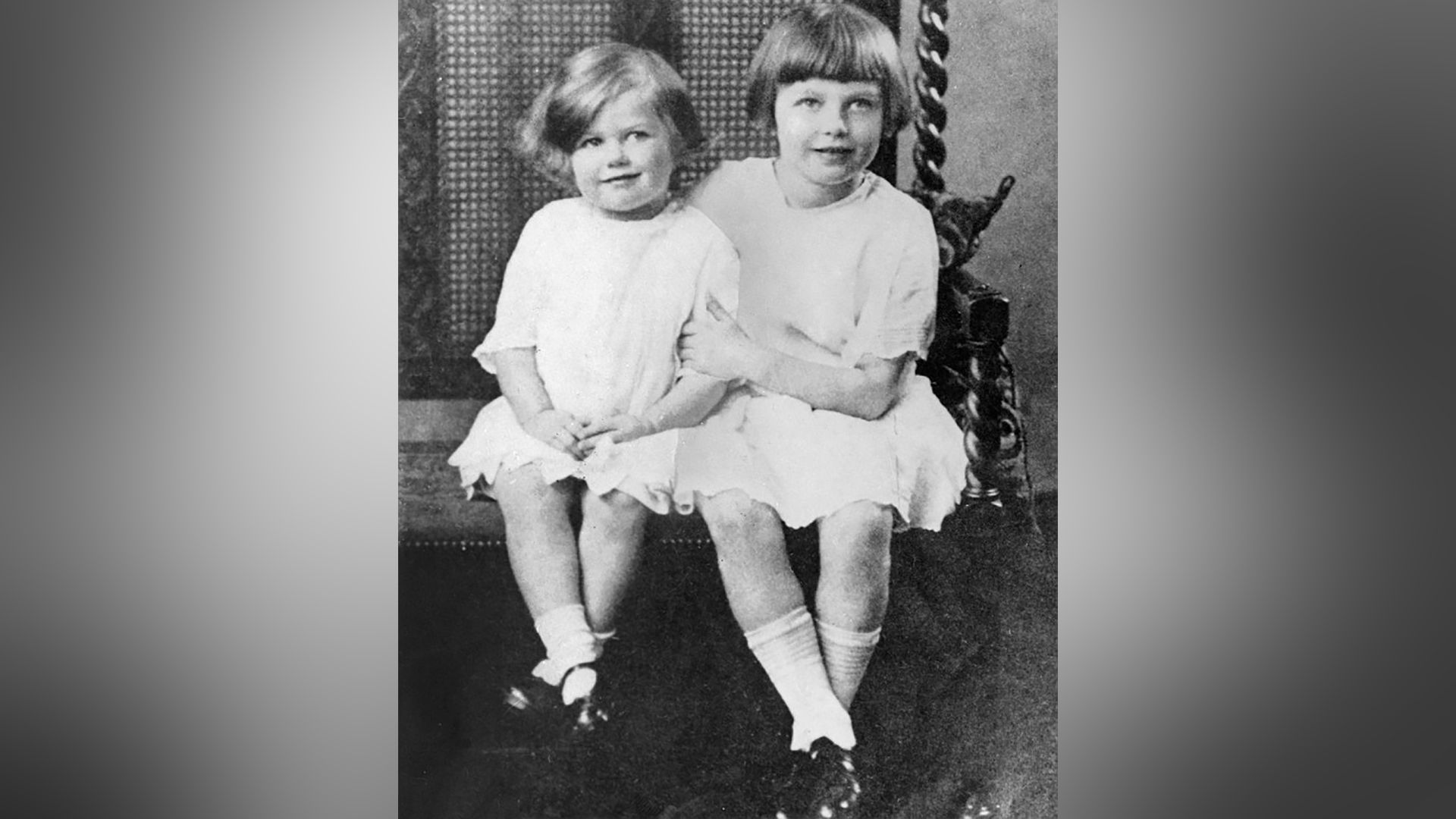
From 1930 to 1936, she attended Huntingtower Road Primary School, then won a scholarship to study at Kesteven and Grantham Girls' School. Thanks to her father's lessons about independence from public opinion, classmates found her conceited and nicknamed her "the Toothpick."
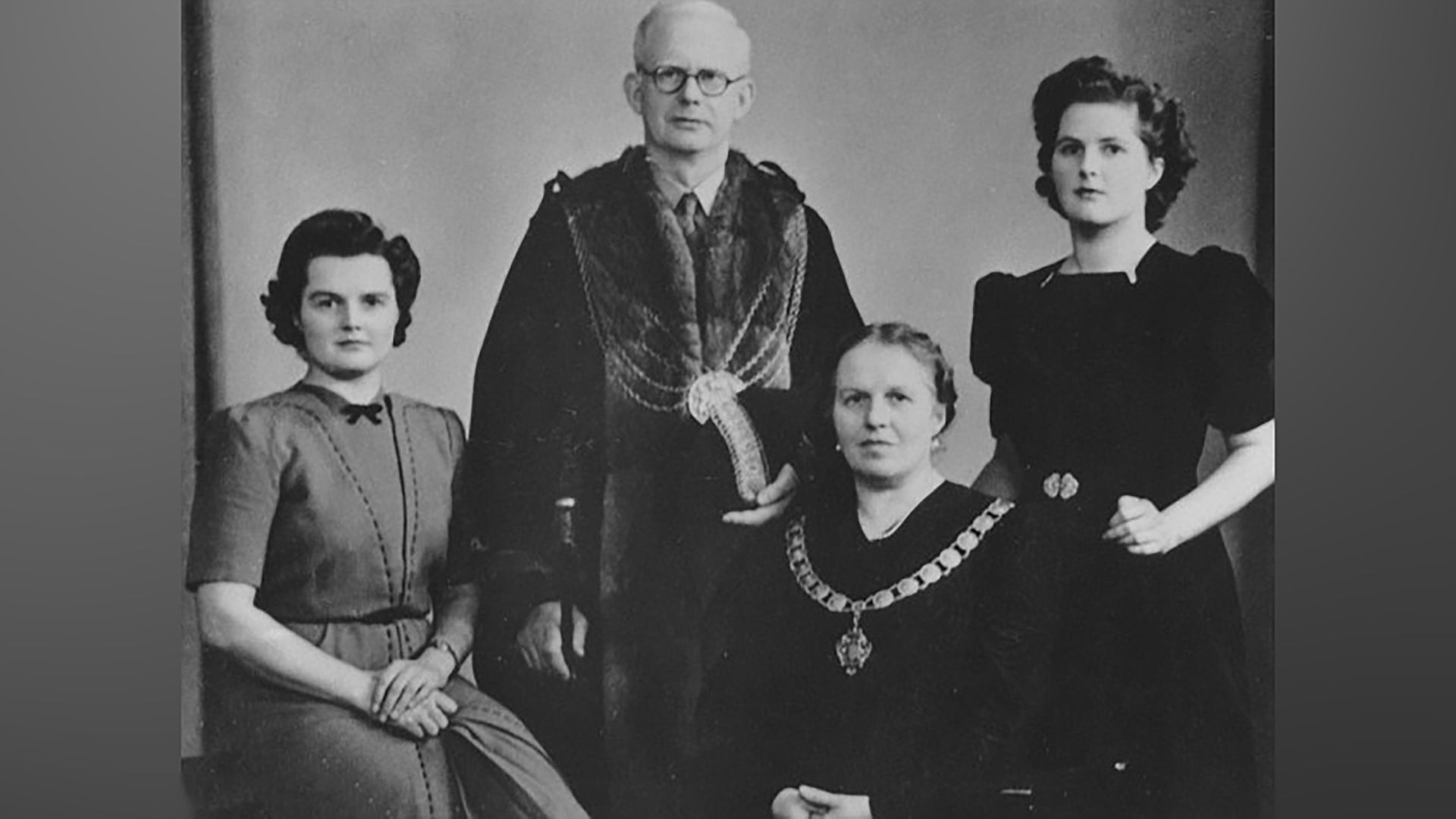
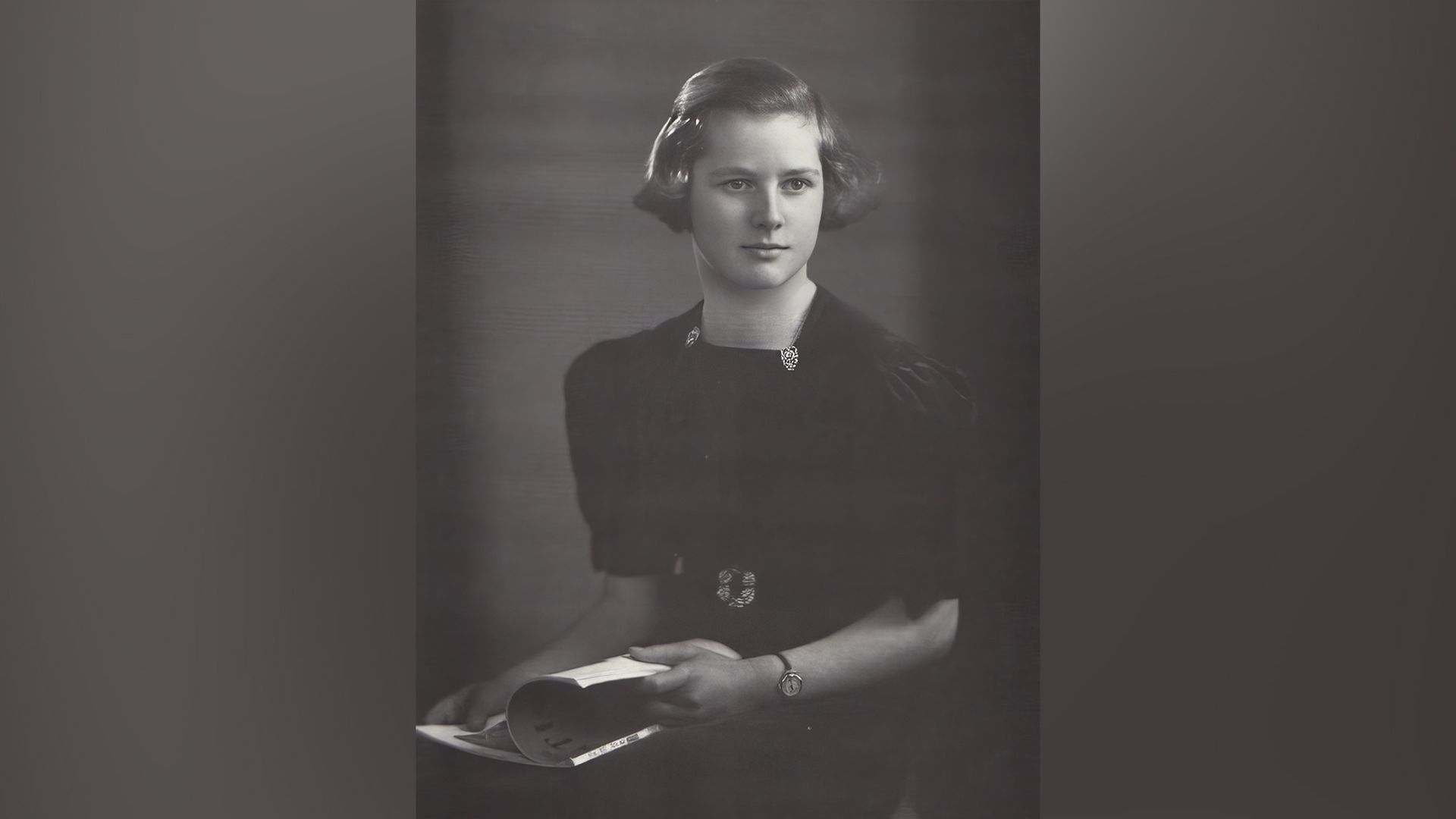
Career Development
In 1947, Margaret graduated with a Bachelor of Science, earning second-class honors. She initially worked in Colchester, Essex, where she actively participated in the local Conservative Party. Later, she moved to Dartford, Kent, where at just 24, she made her first bid for Parliament.She lost the 1950 election—the town's residents backed Labour. But she caught media attention as both the only woman and youngest candidate in the race.
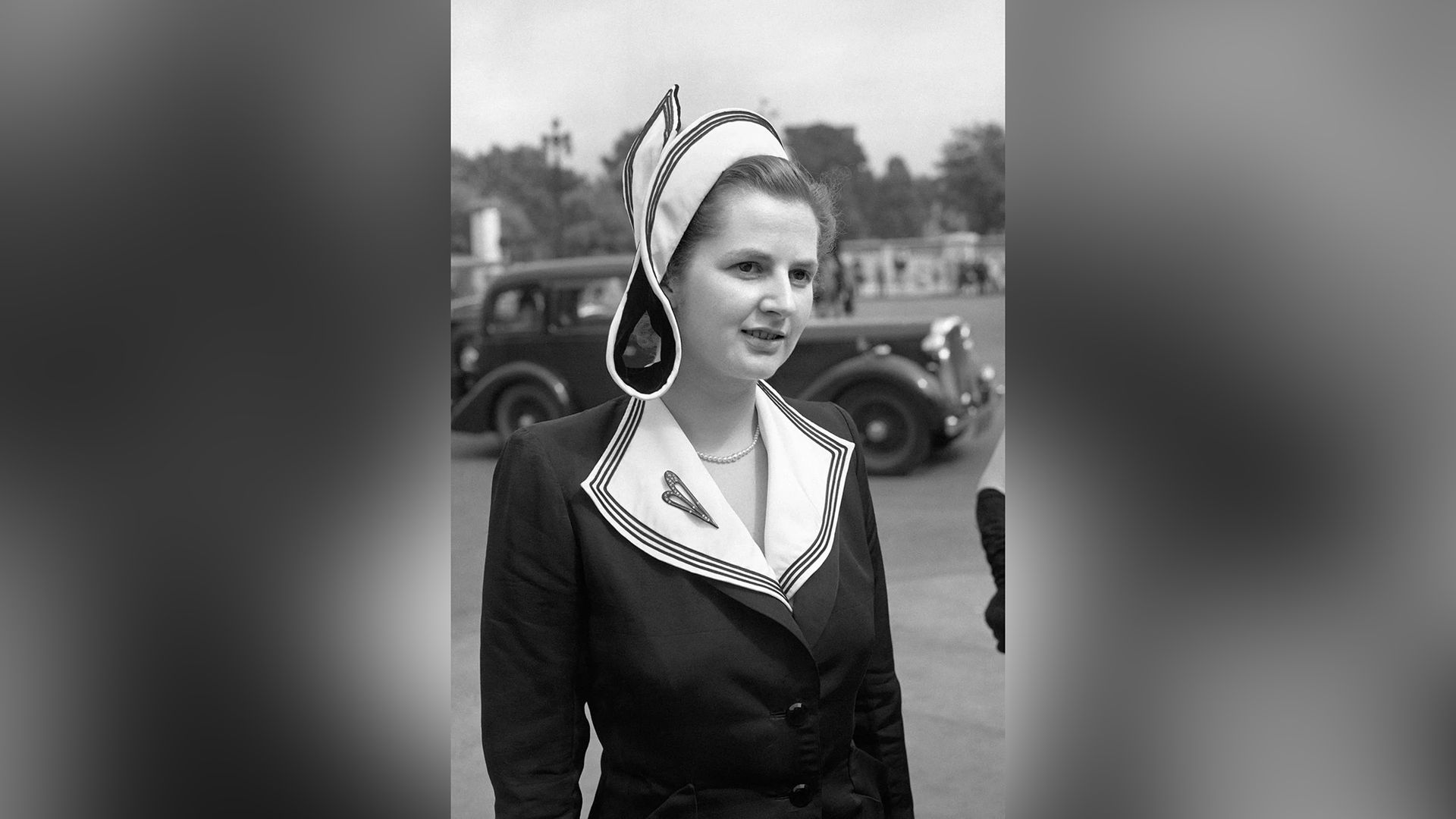
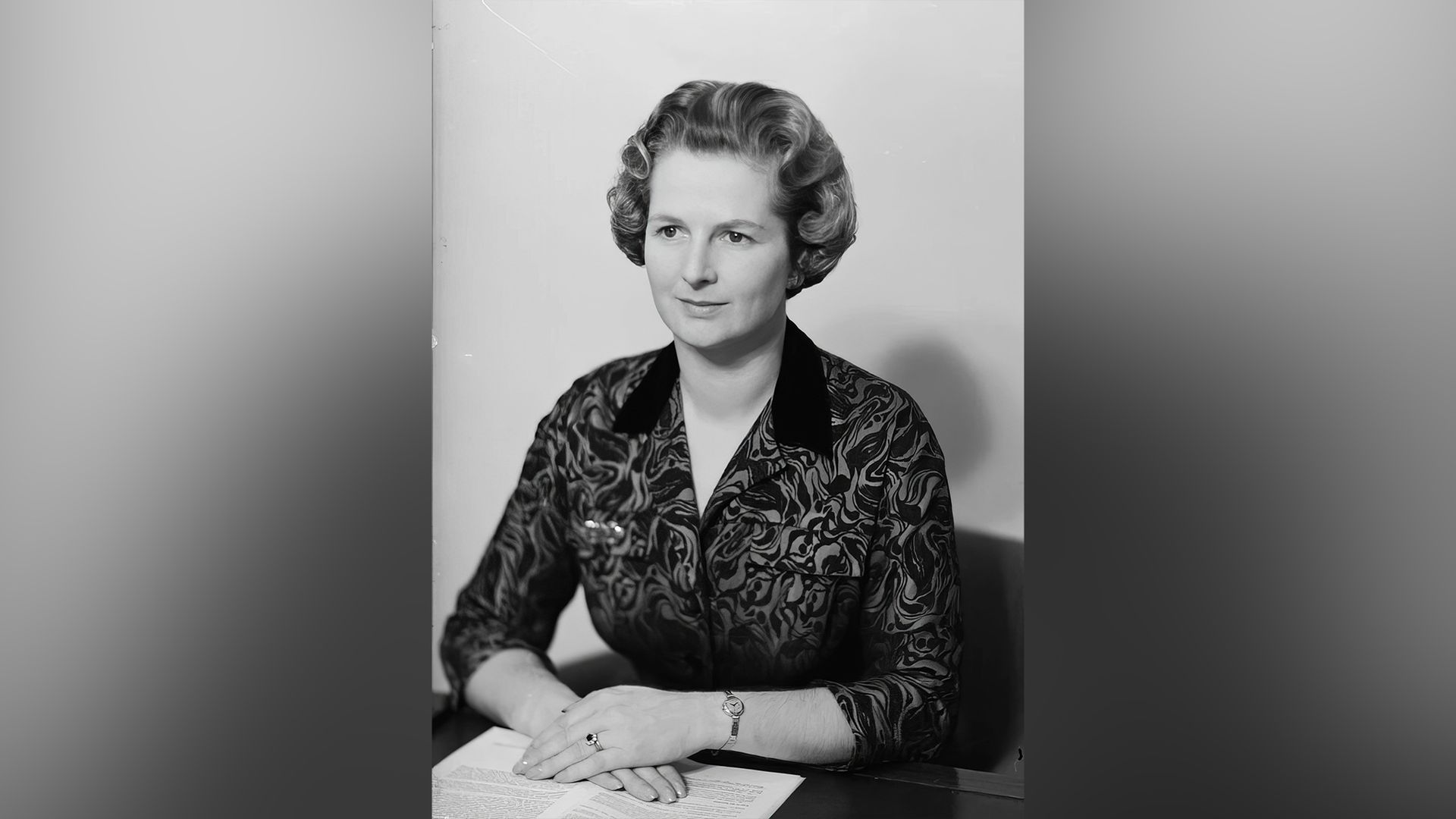
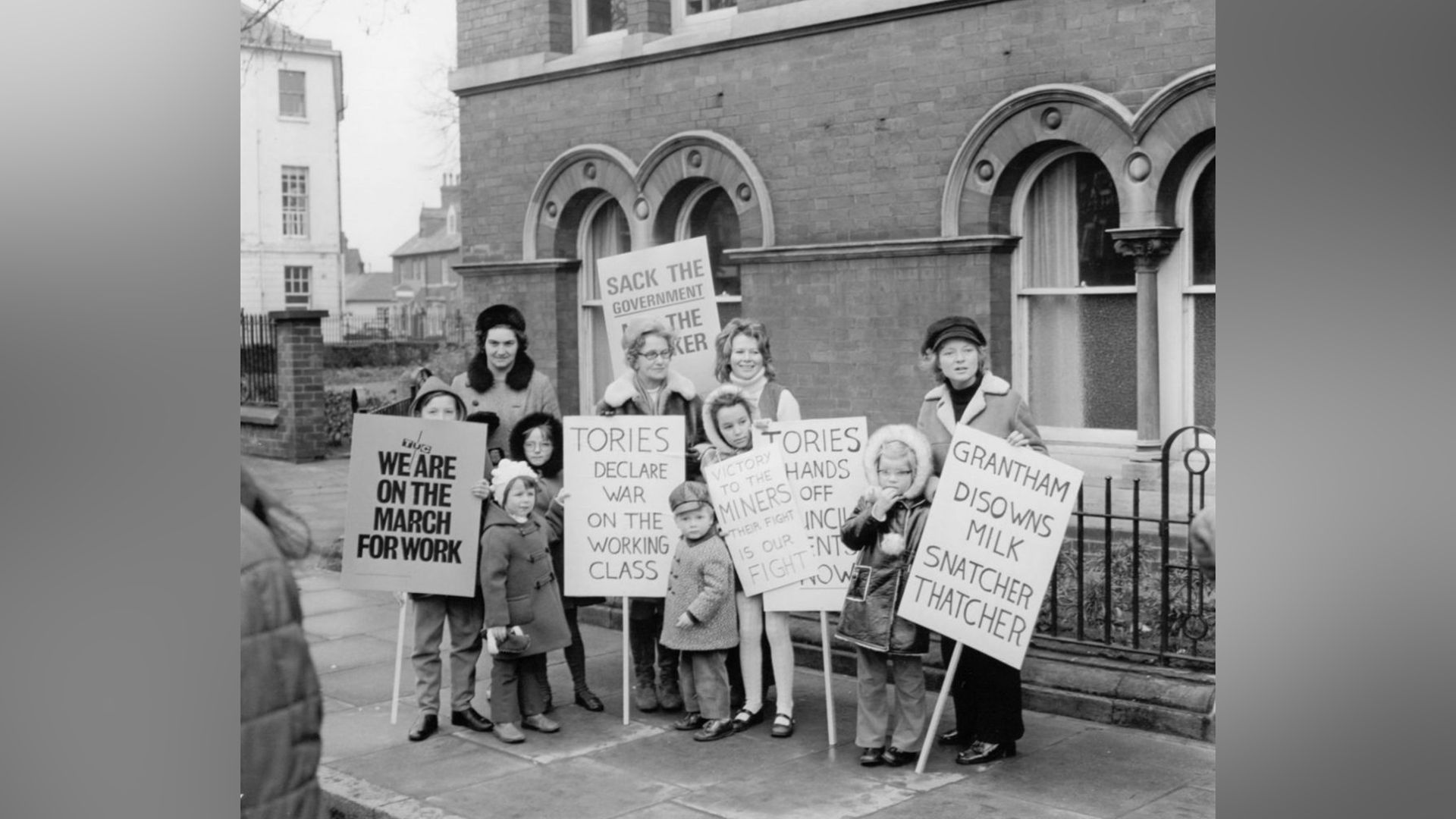
As Prime Minister
First Term
In 1979, the Conservative victory in the House of Commons elections made Margaret Thatcher the Prime Minister of the United Kingdom. She secured this position by just one vote, launching what would become her 11-year reign.The primary task of her government was to combat inflation. The Prime Minister worked aggressively to fix the financial system, implementing a series of tough economic reforms, reducing the role of the state in the market and slashing government spending. At the same time, she pushed through anti-union legislation to tackle the constant strikes that were crippling the economy.
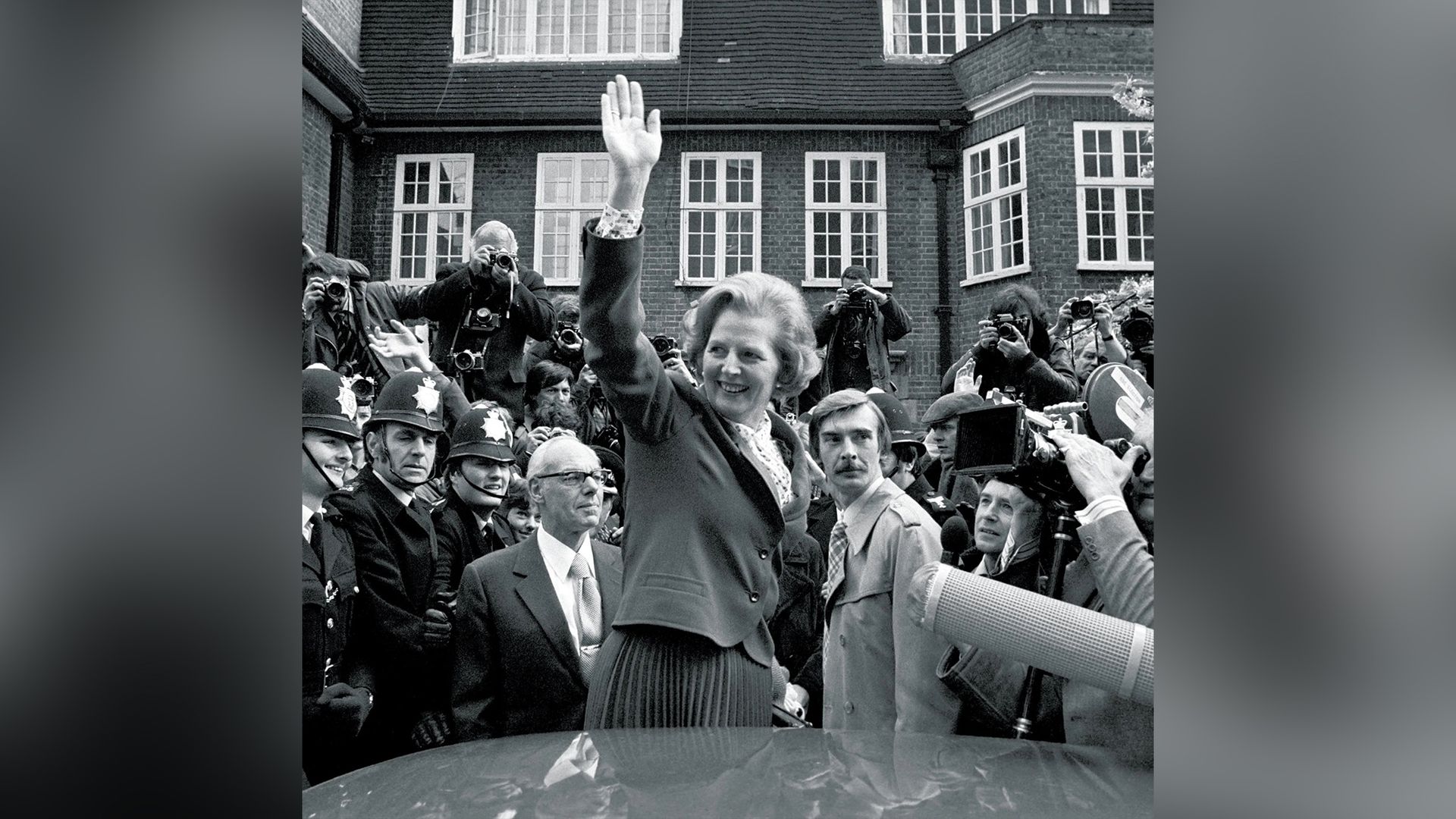
By the end of 1981, her approval rating fell to 25 percent, the lowest in British history. But by early 1982, Margaret's efforts finally paid off: the economy started bouncing back, and her popularity with voters began climbing again.
The Prime Minister held weekly meetings with Queen Elizabeth to discuss and exchange opinions. Thatcher later wrote in her memoirs that these weren't just ceremonial meetings—they actually influenced major decisions.
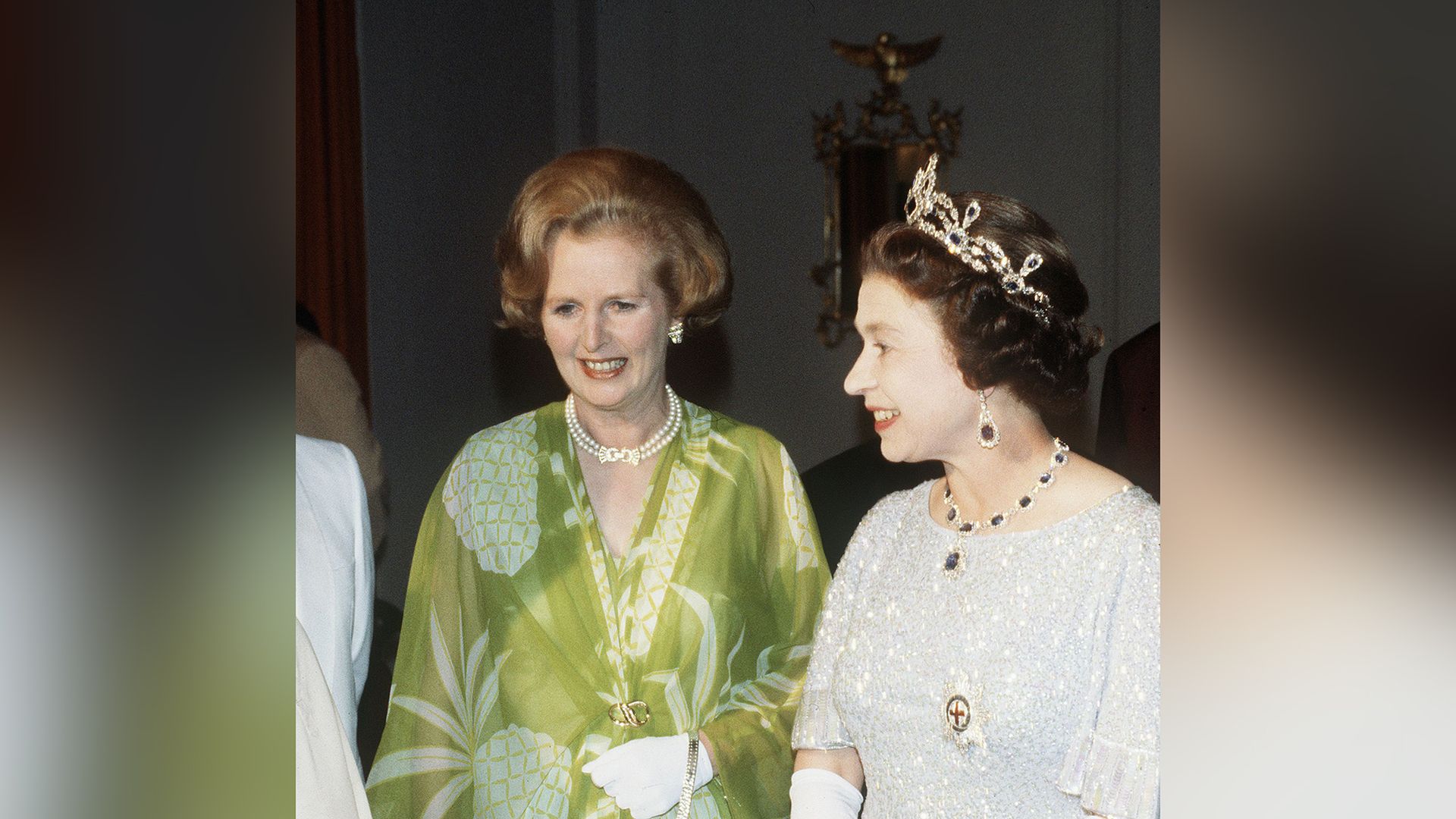
Second Term
During her tenure, Thatcher achieved stable economic growth. Council house tenants were given the right to buy their homes. State enterprises, including the gas giant British Gas, the airline British Airways, and the telecommunications company British Telecom, were privatized, turning ordinary Britons into shareholders while cutting unemployment. Her policies transformed London's City into the financial capital of the world.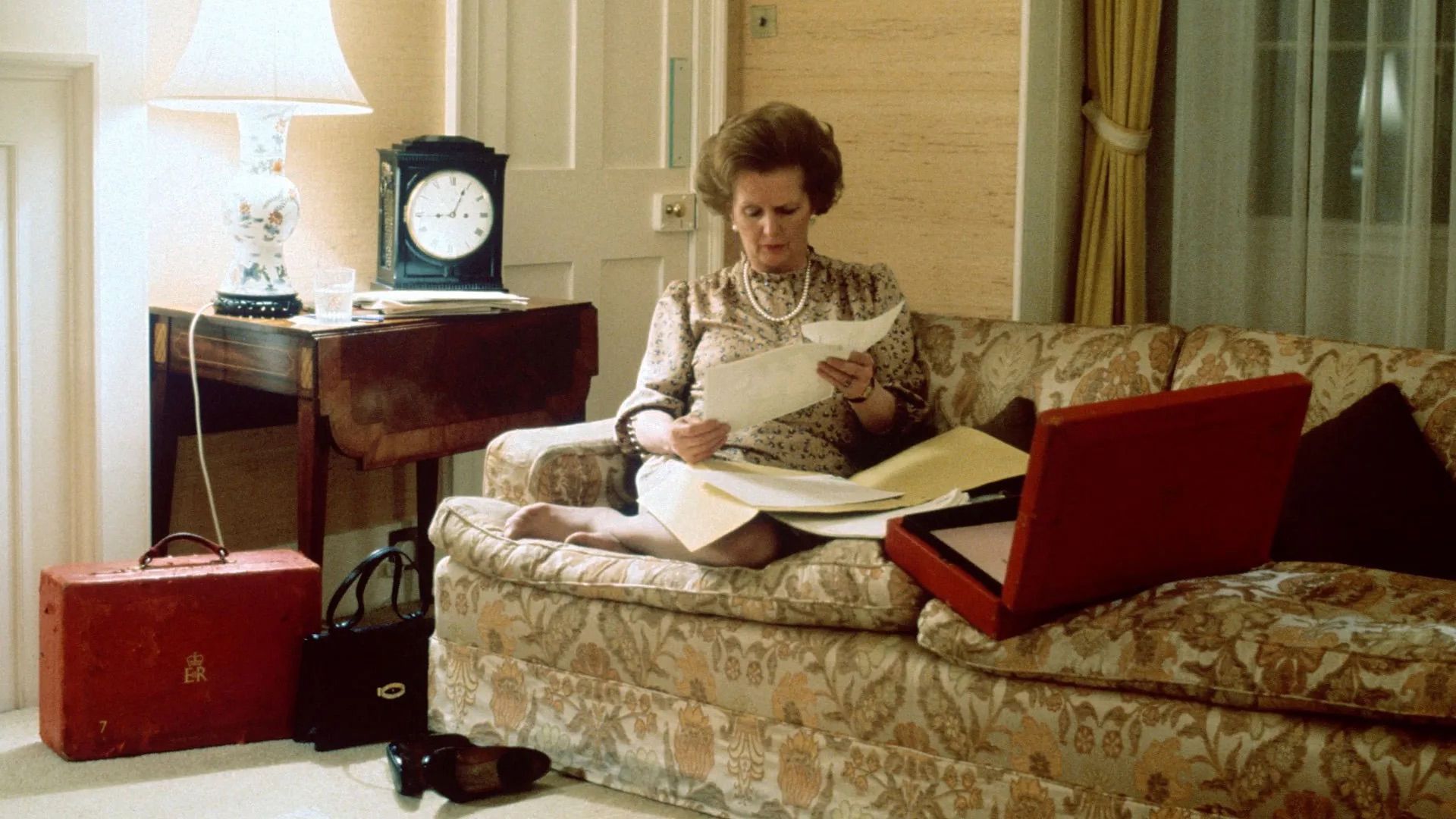
During that period, she survived an assassination attempt: the IRA bombed the Brighton hotel where the Conservative Party conference was being held. Five people died in the attack. Thatcher was unharmed and opened the party conference the next day, which boosted her popularity.
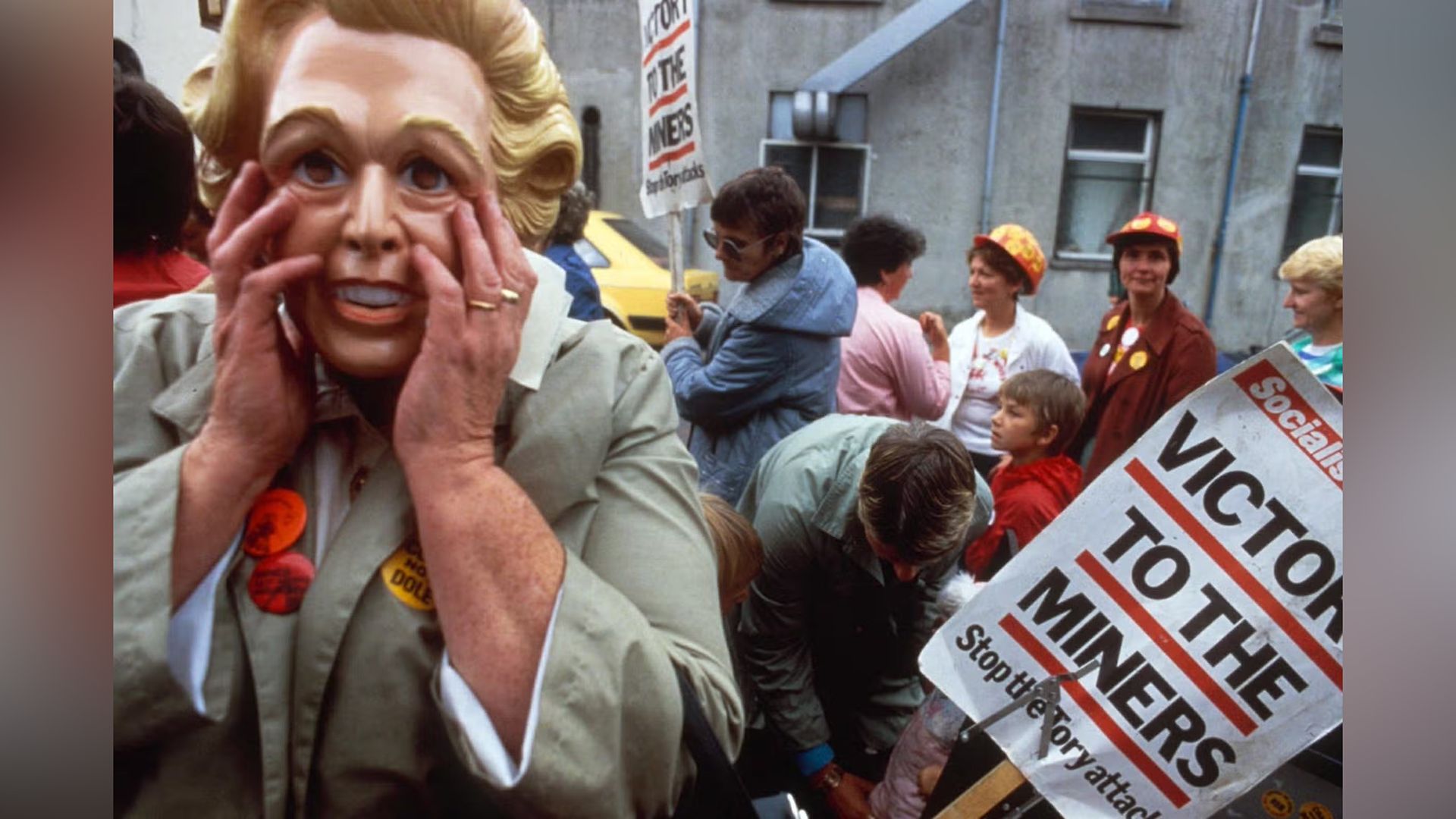
Third Term
In 1987, Thatcher won the parliamentary elections for the third consecutive time, something unprecedented in British politics. Immediately afterward, she introduced new unpopular measures (cutting subsidies to state enterprises and aid to depressed regions, reducing social spending) and taxes, sparking the most violent street protests in modern British history. Around 70,000 Londoners participated in the demonstrations, which escalated into riots in Trafalgar Square, injuring 113 people.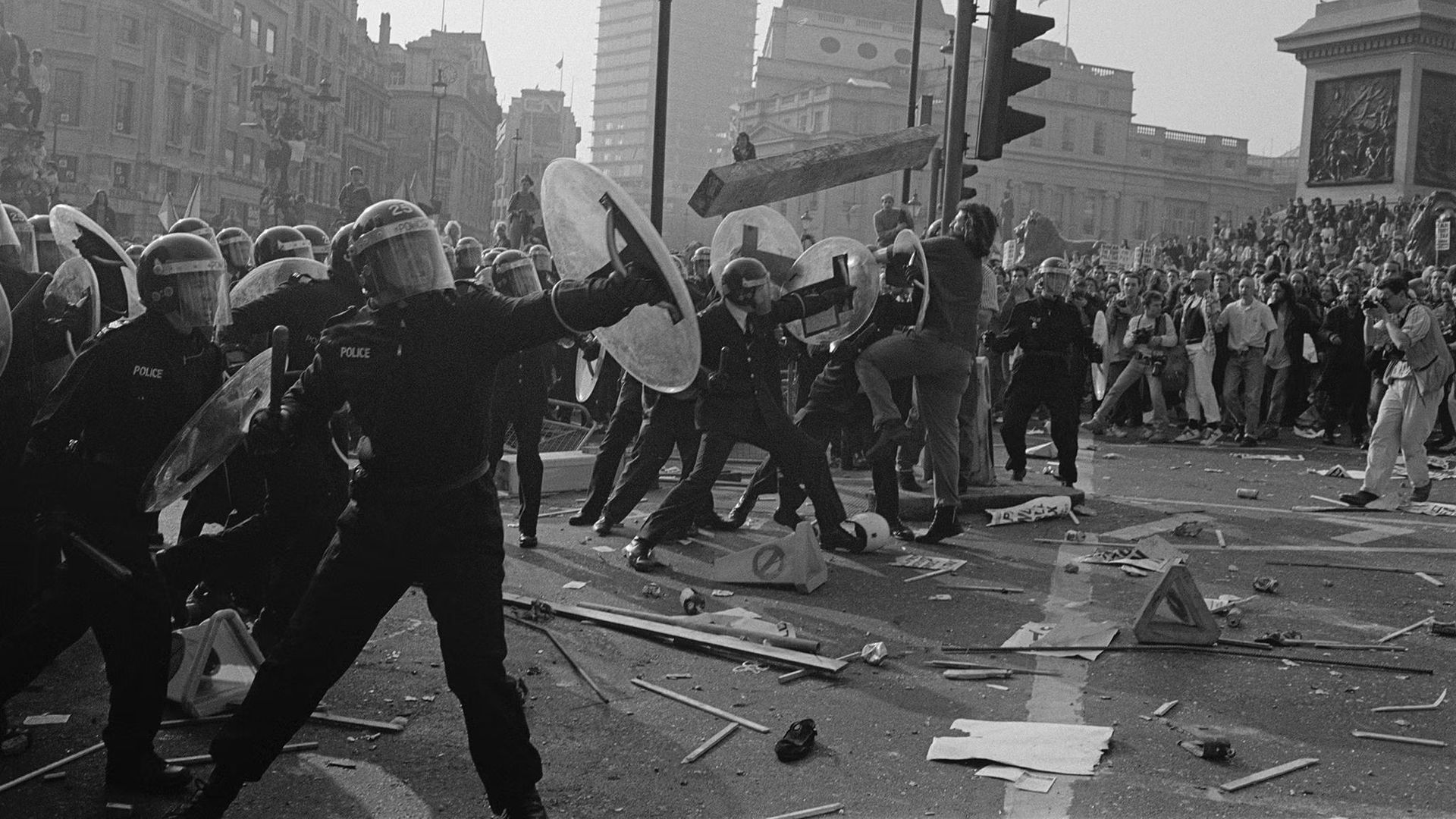
Life After Politics
After leaving Downing Street, Thatcher remained active in public life in the United Kingdom. She criticized the Maastricht Treaty, which led to the creation of the European Union, condemned ethnic cleansing during the Bosnian War, publicly supported the US missile defense program, and wrote books and memoirs.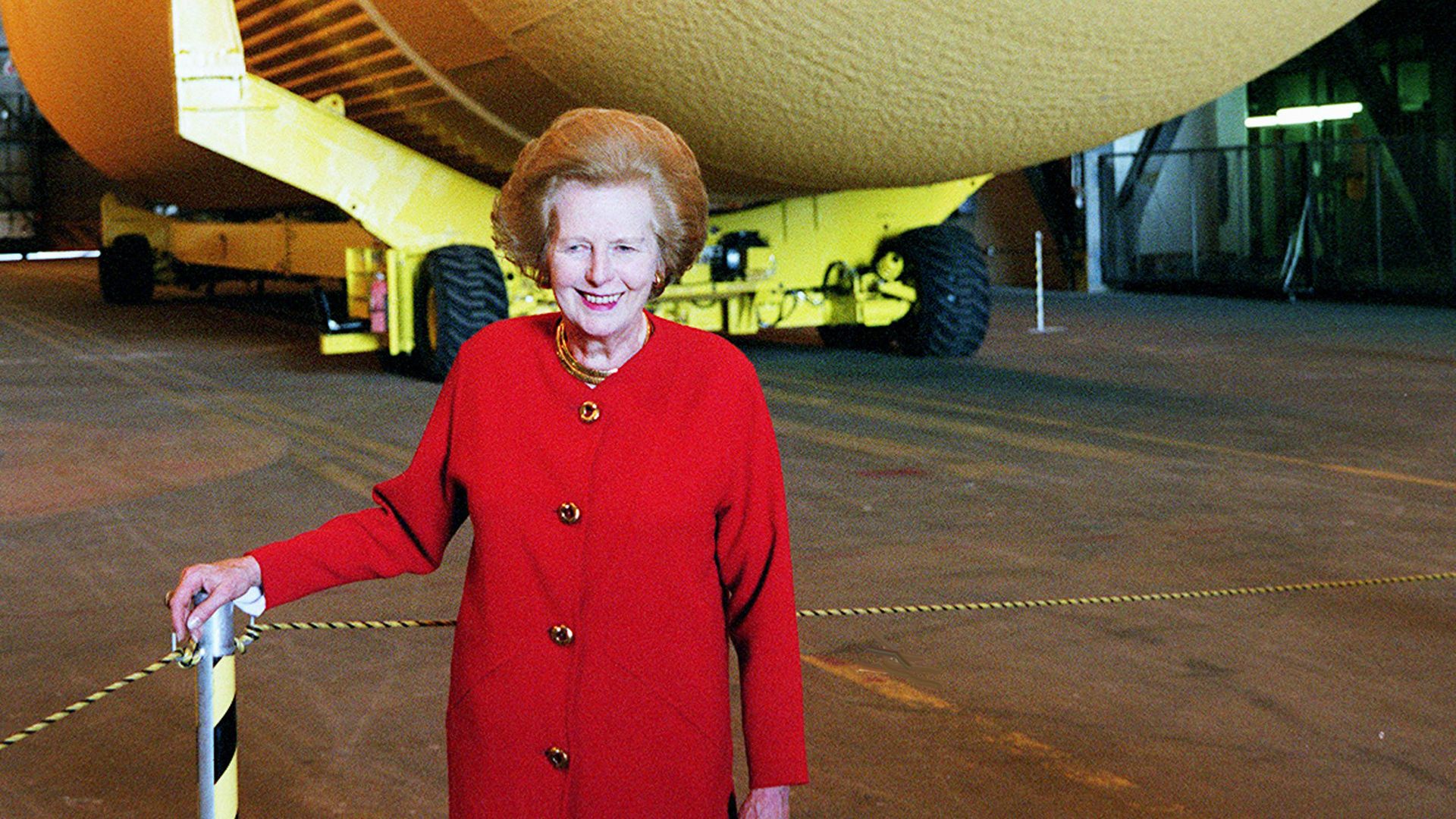
The Queen personally visited Thatcher during the celebrations of her 70th and 80th birthdays.
Margaret Thatcher's Personal Life
Long before she became one of the 20th century's most talked-about political figures, she met her first love during her college years. The young man happened to be the son of an earl. His parents refused to let him get involved with a greengrocer's daughter, and he complied, breaking young Roberts' heart.Her next suitor was a farmer from Scotland, but their relationship also did not go far. Intimidated by her career ambitions and worldly outlook, he turned his attention to her sister, Muriel, instead.
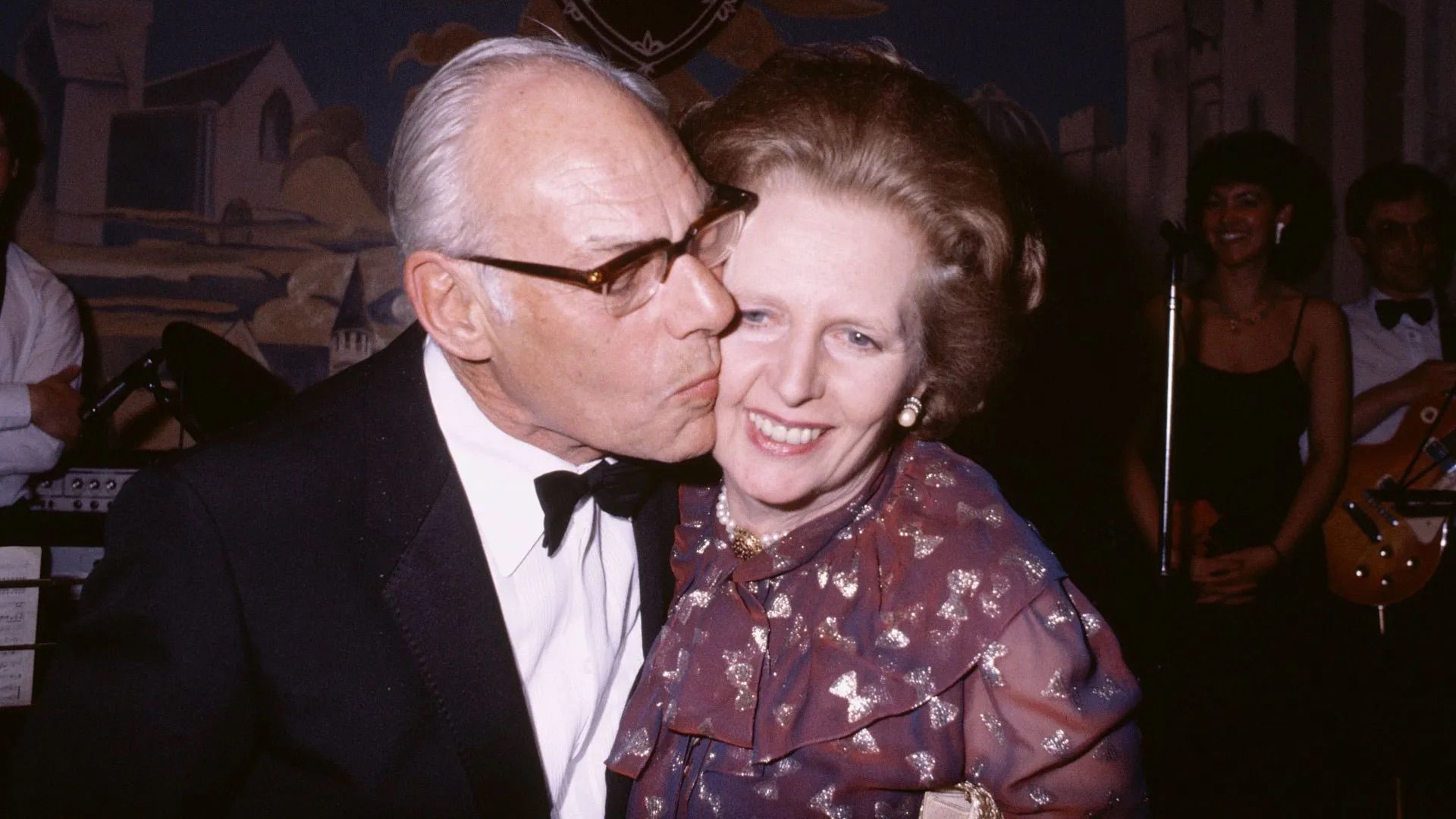
He fell for the intelligent, strong-willed young woman at first sight, courted her with style, and they married in 1951. Gossips claimed Thatcher married for convenience—she needed his money for law school and to fund her political ambitions. But those close to the couple insisted their relationship was the real deal. The couple stayed together for 52 years, with her husband serving as Margaret's unwavering support throughout.
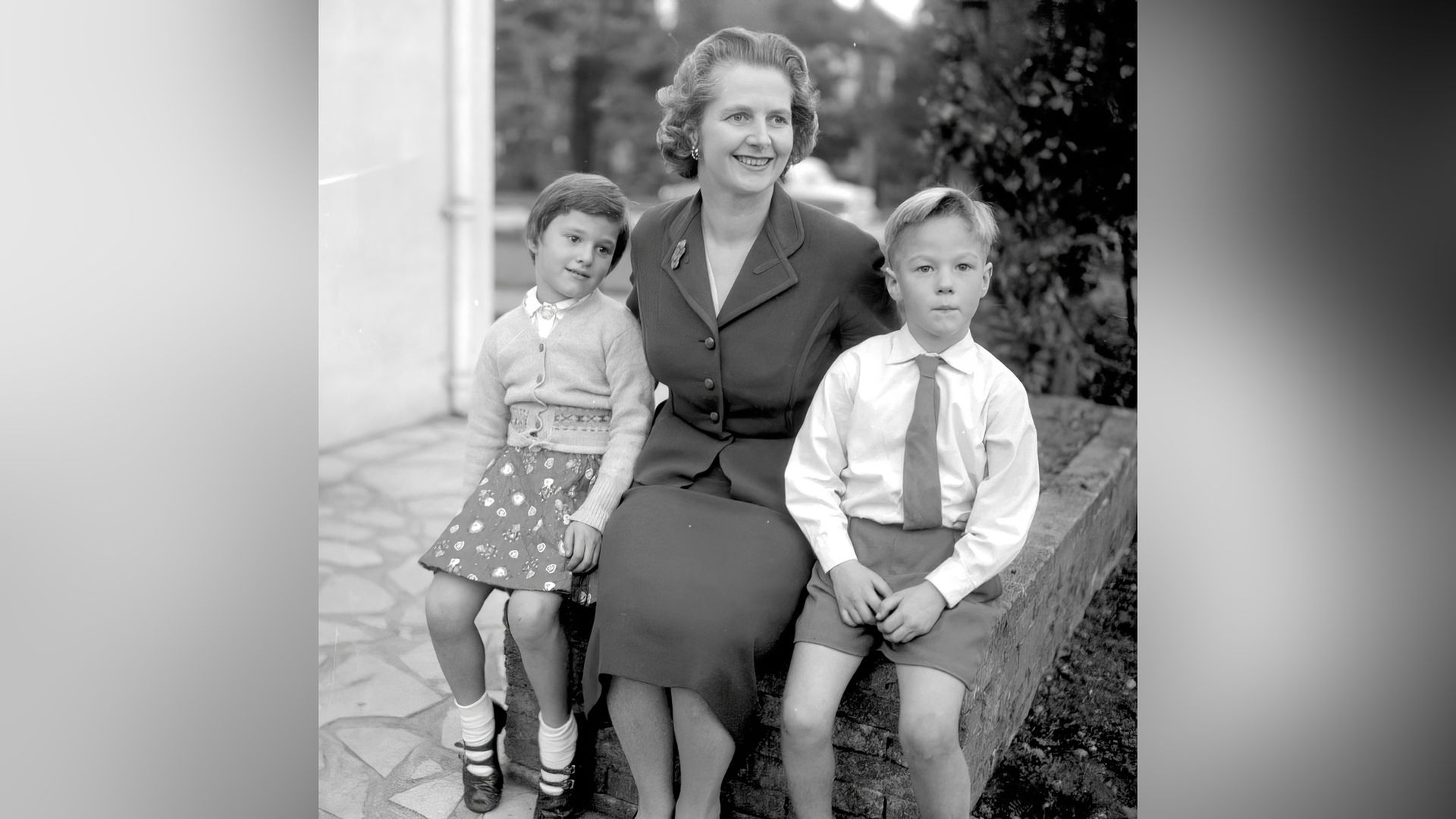
From childhood, Mark showed neither exceptional intelligence nor exemplary behavior. He never found great success in auto racing or business, but he did land himself in a major international scandal, earning a four-year suspended sentence and hefty fine. In his first marriage to American Diane Burgdorf, he had two children—Michael and Amanda. In 2008, he didn't even invite his mother to his wedding to second wife Sarah-Jane Russell, daughter of a prominent London developer.
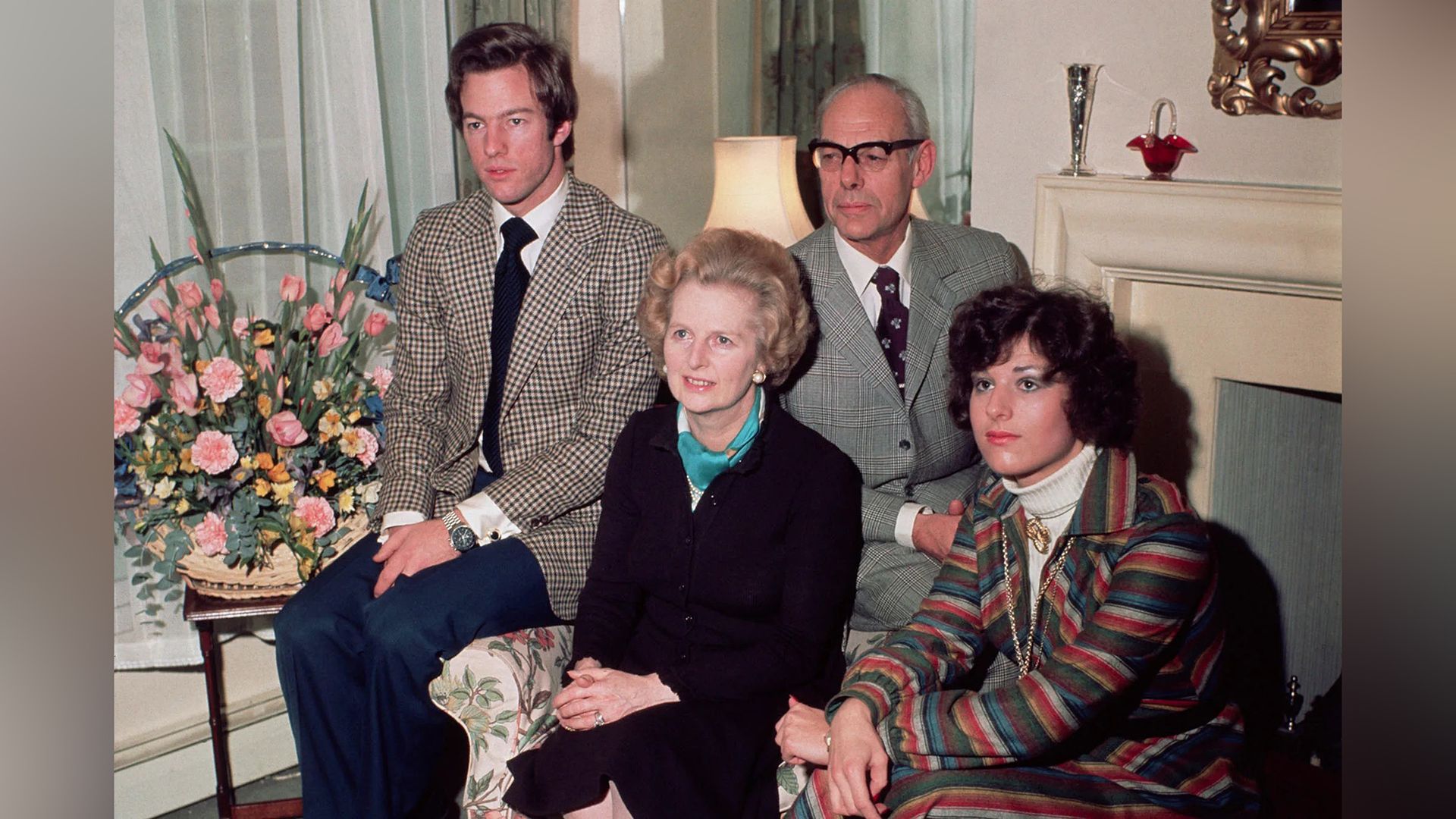
When Margaret Thatcher's final moments came, none of her close family were by her side—her children and grandchildren all lived abroad.
Death
As the new millennium began, Thatcher's health took a sharp turn for the worse. In 2002, Baroness Thatcher suffered a minor stroke, and in 2005, she was diagnosed with dementia. In 2012, she underwent surgery to remove a bladder tumor. On April 8, 2013, the Iron Lady died. The official cause of death was a stroke.The farewell ceremony for the former Prime Minister took place at St. Paul's Cathedral. She received full military honors. Queen Elizabeth II attended the funeral, honoring the leader who steered Britain through one of its most turbulent eras. Before this, only one British Prime Minister had received such an honor – Winston Churchill. Following her final wishes, she was laid to rest at the Royal Hospital Chelsea alongside her husband.
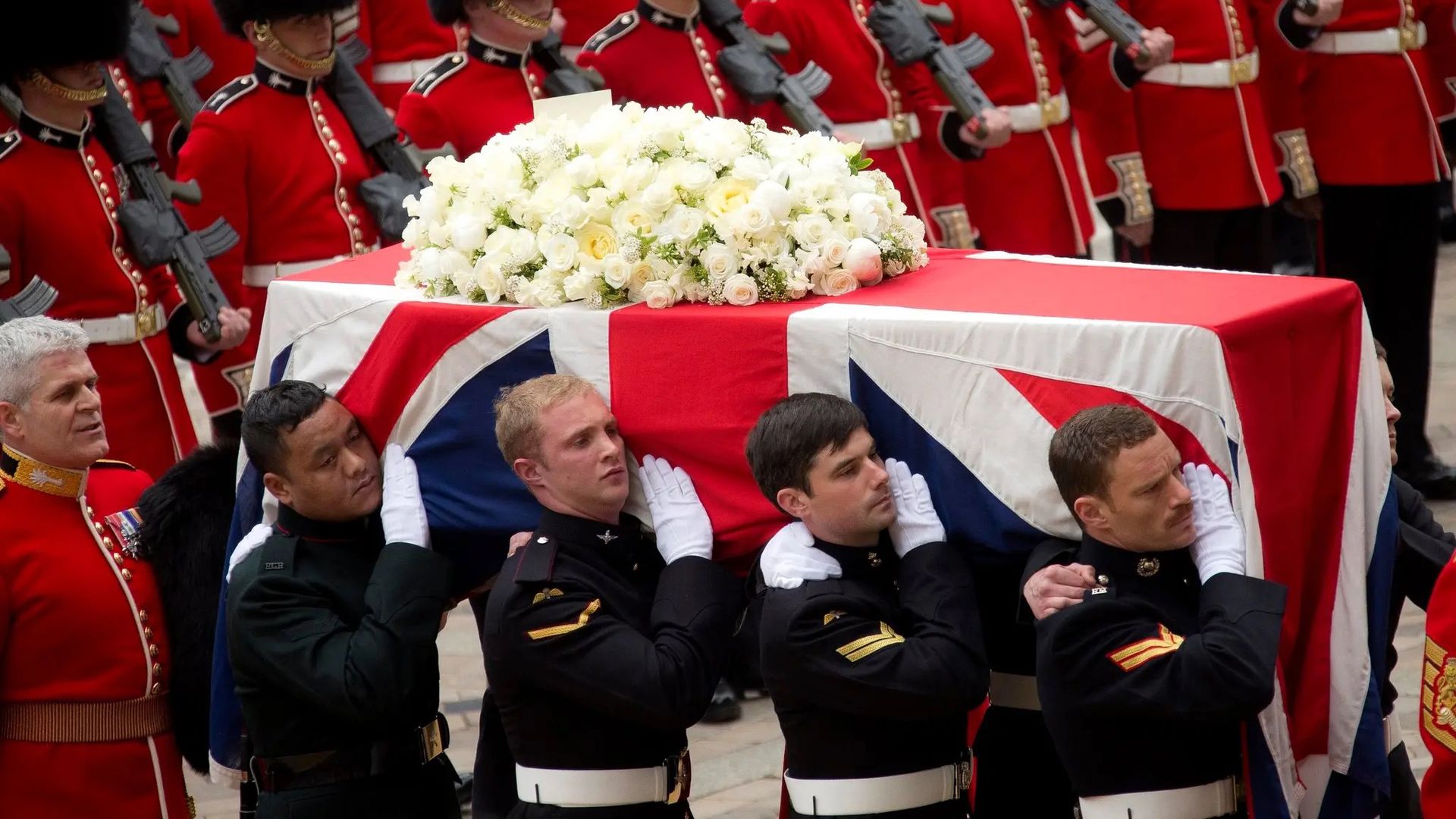
Interesting Facts
- In 2007, she became the first living former Prime Minister in UK history to be honored with a statue inside Parliament. The statue stands in the lobby of the House of Commons, opposite the statue of her political idol, Winston Churchill.
- She personally scripted her own funeral down to the last detail. Media outlets hailed the ceremony as uniquely grand, rivaling Princess Diana's funeral in scale and spectacle.
- Her life has inspired countless books, plays, and films. The most famous film, "The Iron Lady," was released in 2011. Meryl Streep played the main role and won an Oscar for it. Thatcher herself, however, wasn't impressed with the portrayal.
Important Life Events
- 1943-1947 – Studied at Somerville College, Oxford.
- 1950 – First attempt to be elected to Parliament.
- 1951 – Marriage.
- 1953 – Birth of children Mark and Carol.
- 1959-1992 – Member of the House of Commons.
- 1967 – Visited the USA as part of the International Visitor Leadership Program (IVLP).
- 1970-1974 – Minister of Education and Science.
- 1975-1990 – Leader of the Conservative Party.
- 1979-1990 – Prime Minister.
- 1982 – Victory in the Falklands.
- 1984 – IRA assassination attempt on her and her cabinet.
- 1992 – Title of Baroness.
- 1994 – Received a life peerage and joined the House of Lords.
- 1995 – Awarded the Order of the Garter, Britain's highest order of knighthood.
- 2001 – Received the Chesney Gold Medal.
- 2007 – Became the first Prime Minister to have a statue erected in the Parliament building during their lifetime.
- April 8, 2013 – Date of death.
Found an error? Select the text and press Ctrl+Enter
Error in the text? Select it — a send button will appear
Publication Details
